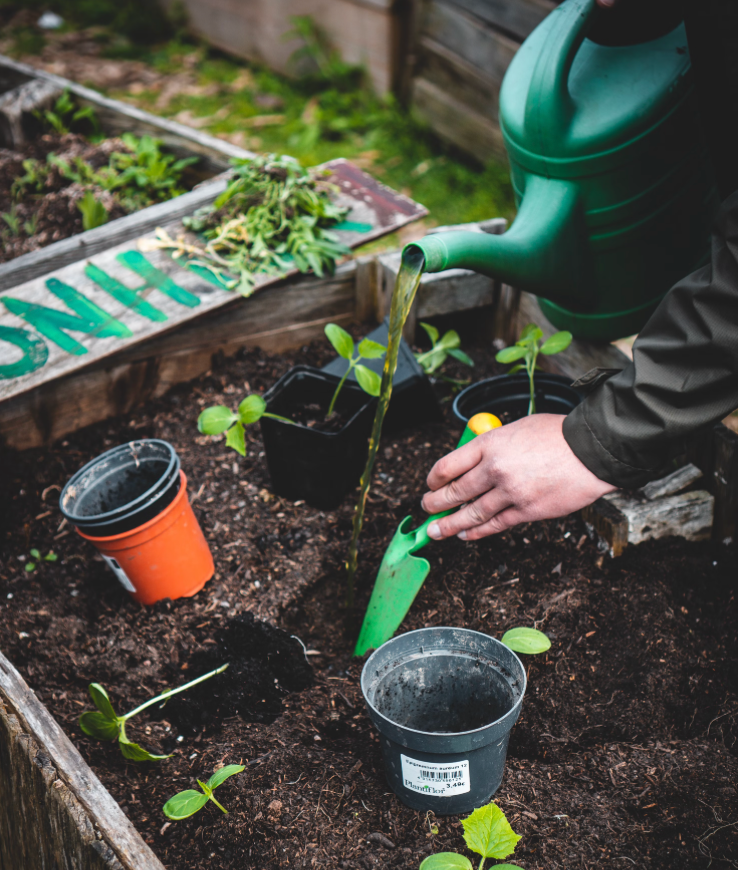A Beginner's Guide to Gardening
BY Natasha Bailey ON 19 May, 2025
Gardening and tending to an allotment during British summer time can be a rewarding and enjoyable hobby. Whether you are just starting out or looking to improve your skills, this guide will help you make the most of your garden or allotment during the warmer months.
Choosing the Right Plants
The first step in summer gardening is selecting the right plants for your plot. British summer can vary, but generally, it brings mild to warm temperatures with occasional rain. Opt for resilient plants that thrive in this climate. Popular choices include tomatoes, courgettes, beans, and root vegetables like carrots and beetroot. Don’t forget herbs such as mint, rosemary, and thyme, which do well in summer heat.
Preparing Your Plot
Before planting, ensure your soil is in good condition. Clear any weeds and dig over the soil to aerate it. Adding compost or well-rotted manure will enrich the earth, promoting healthier plants. If your soil is heavy clay, consider adding some sand to improve drainage. Make sure to plan where each plant will go, keeping taller plants to the back to avoid shading smaller ones.
Planting and Maintenance
Once your plot is prepared, start planting. Space your plants according to their needs, and water them immediately after planting. Summer heat means you will need to water regularly, ideally in the early morning or evening to reduce evaporation. Mulching around your plants helps retain moisture and keeps weeds at bay.
Gardening at Home and Window Boxes
If you do not have access to an allotment or large garden, you can still enjoy gardening at home. Window boxes and patio containers are perfect for growing herbs, salad greens, and even some vegetables like tomatoes or peppers. Use lightweight, well-draining potting compost and make sure the containers have drainage holes. Position your window boxes where they will receive plenty of sunlight, and water regularly, as containers dry out faster than garden soil.
Pest Control
Summer often brings pests that can damage your plants. Slugs, aphids, and caterpillars are common issues. Inspect your plants regularly and take action as soon as you notice a problem. Organic methods such as companion planting or using natural predators can help control pest populations without resorting to chemicals.
Harvesting
One of the most satisfying parts of gardening is harvesting your own produce. Many crops, such as tomatoes and beans, will continue to produce throughout the summer if picked regularly. Harvest vegetables when they are ripe to encourage more growth. Herbs can be snipped as needed, providing fresh flavours for your cooking.
Tips for Success
If you are new to allotments, start small. It is better to manage a small, productive plot than to feel overwhelmed by a large, unkempt area. Join a local gardening group or chat with fellow allotment holders for tips and advice. Sharing your successes and challenges can be both encouraging and informative.
Whether in your garden, on an allotment, or using window boxes at home, the satisfaction of growing your own food makes the effort worthwhile. Happy gardening!

































































































